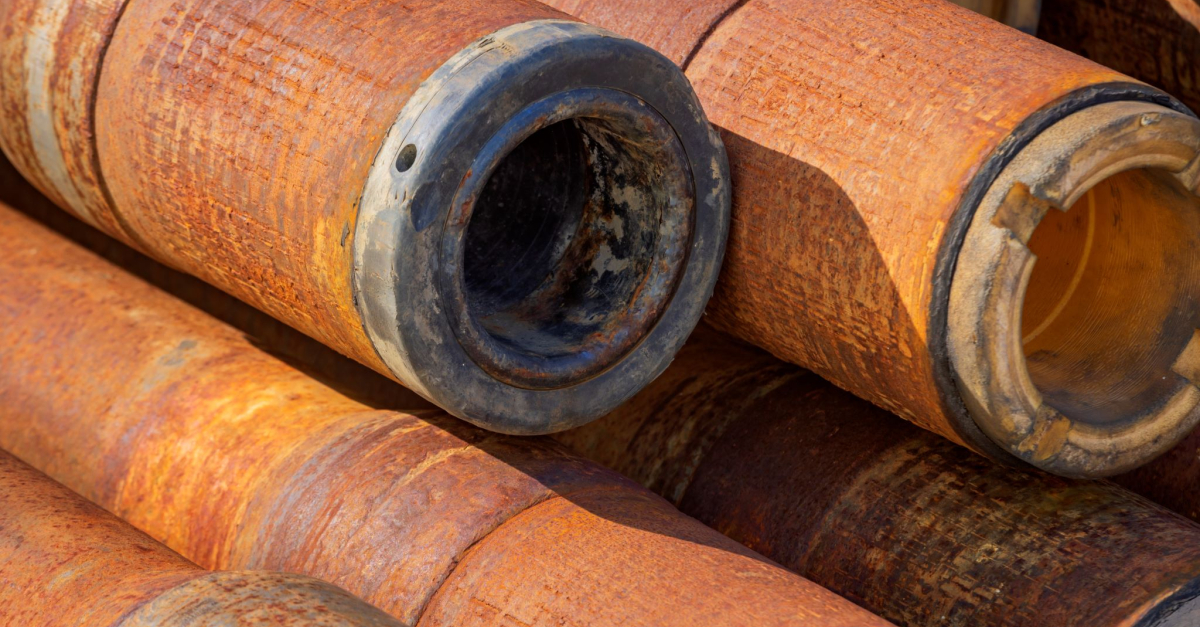From September 2024 swimming pool and sport facility the Blinkerd in The Hague are heated with extracted warmth from the local sewer, saving them (and us) 170.000 m3 gas per year.
The Blinkerd
Wesley Verschoof is the manager of Sport centrum De Blinkerd and Patrick Wagemans is the project leader on behalf of the Municipality of The Hague. They are both responsible for this project. They looked at this energy transition option a couple of years ago, before the gas crisis started. In that time, it didn’t look really worth the investment. But as soon as the gas prices went up, they looked at this idea again. An external agency made the calculations, and everybody realized that saving 170.000 m3 of gas per year is worth every investment in this project.
An external agency made the calculations and calculated a saving of 170.000 m3 gas per year. Besides saving gas also the technique of heat pumps and the options to store heat in the ground has improved. And last but least, it suits the mission of the Municipality of The Hague to make significant steps forward within the energy transition.
How does it technically work?
The Blinkerd will utilize sewage thermal energy, also known as riothermia or the slightly different aquathermy. Sewage water has a temperature of about 18°C in the summer and 12°C in the winter. It's a stable and reliable heat source. In the center of the buffer tank at the sewage pumping station, a submersible pump is installed to draw up the dirty but warm water and push it through a 100-meter-long pipe placed under the ground from the pumping station to the sport facility and back. 2 Other pipes are wrapped around this ‘dirty water pipe’. 1 pipe is carrying coolant (glycol) and the other pipe is filled with clean water that will be heated during the ‘flow’ within the pipe. The clean water pipe and the coolant pipe flow into the sports complex. The dirty ‘water’ will flow back to the buffer tank.
Once the coolant and water pipes arrive in the sport complex the warm water will go to a heat pump that heats the water up to 28 degrees and flows it directly into the swimming pool. The pipe with the coolant will also flow to one of the heat pumps and helps to heat the building and sport facility using a heat exchanger. From there, it's further heated to warm the building. In total there are 5 heat pumps installed. In the new situation the pipes have lower temperatures than the gas-heated situation. Therefore the 5th pump is used to heat the water up to over 70 degrees to avoid legionella.
Storage in the ground
This part of the heating plan was introduced in a later stage of the project. In summer, the sewage provides higher temperatures. In winter the temperatures are lower and more extra heat is required. To prevent heat loss, the heat will be stored in the ground at a depth of 200 meters. Two wells are drilled: one for storing heat in the summer and retrieving it in the winter, and the other for returning cooled water to the ground. This system is called aquifer thermal energy storage (ATES) and is already used to heat and cool The Hague's city hall.
Sustainability measures in the past
The Blinkerd has already implemented various sustainable measures. All lights have been replaced with LED lighting, and the windows have HR++ glass. Wesley provides another example: "For ventilation, we have equipment that extracts heat from the air blown outside. We can use it to warm up the cold air coming from outside. Additionally, we cover the pools with blankets when the pool is closed. The less heat loss, the less energy is needed."
Facts and figures:
- 170.000 m3 of gas is similar to the usage of gas for 170 regular households.
- The municipality aims to make all swimming pools in the city sustainable.
- The organization that manages the sewage is called Hoogheemraadschap Delfland. For them this is a new experiment as well. This project will be carefully evaluated in the future. It's not likely that they will participate in a similar project on the same well. The buffer tank where the warmth comes from works organically. Extracting too much warmth from this well may cause other challenges for the organic ‘digestion’ of the system.
Read more

The Hague Energized
The Hague Energized is organised in collaboration with young professionals from The Hague’s energy industry, our Young Energizers, so expect a vibrant ...

Global summit in The Hague seeks financing for geothermal energy: start-up Canopus might have the answer
In The Hague the Global Geothermal Impact Summit 2024 takes place in April 2024. Start-up Canopus presents their cost efficient drilling technique.

Energy sector expertise in The Hague
Recognising The Hague’s energy ambitions, many events related to energy have taken place in our city. The Hague has proven to be the ideal foundation for hosting many renowned global events and conferences, drawn on its extensive network and knowledge infrastructure. Your event can be next!